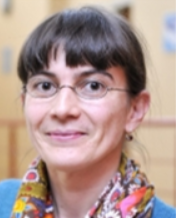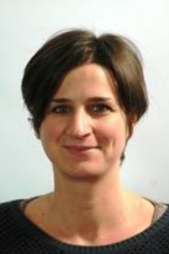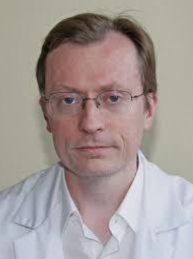Scientific Program > Plenary Conferences
 |
Sylvie Lorthois, DR CNRS
Director of research at the "Institut de Mécanique des Fluides" in Toulouse, France, she obtained the ERC Proof of Concept Grant in 2018 for her researches.
Sylvie Lorthois studies the flow and transport properties of microvascular cerebral networks in order to better understand the development of cerebral diseases. She will present her up-to-date researches in the field of vascular biomechanics concerning the genese of the microvascular cerebral network.
|
 |
Lucie Bailly, CR CNRS
Researcher at CNRS in the 3SR lab in Grenoble, France. Lucie Bailly studies the mechanical behavior of living soft tissues and soft tissues dedicated to medical applications. She studies the multiscale and multiphysical behaviors of biological tissues and the fluid - structure interactions, with a biomimetic approach. The main applications of her work are in the field of the respiratory biomechanics. Lucie Bailly will present her current research concerning the microarchitecture and biomechanical behavior of the vocal chords in order to better understand human phonation.
|
 |
Professeur Hugues Duffau, PU-PH
Hugues Duffau is the Director of the neurosurgery department and Director of the INSERM research team on cerebral plasticity in Montpellier, France.
Hugues Duffau is a pionneer of the neurosurgery. He is well known for the cerebral surgeries, with a phase of patient awareness, intended to achieve the widest possible tumor ablation while preserving the quality of life. The principle is to make a functional map of the brain of each patient, thanks to a neuropsychological assessment carried out in real time throughout the intervention, with monitoring of sensorimotor, language, cognitive and behavioral functions. Hugues Duffau also shows that the functional geometry of the brain differs from one patient to another, which allows him to intervene in areas that were considered, until his work, untouchable, such as the Broca’s area. He thus proposed a meta-network model of cerebral dynamic organization, which breaks with the dogmas yet still taught at the university.
|
| |
|
|
